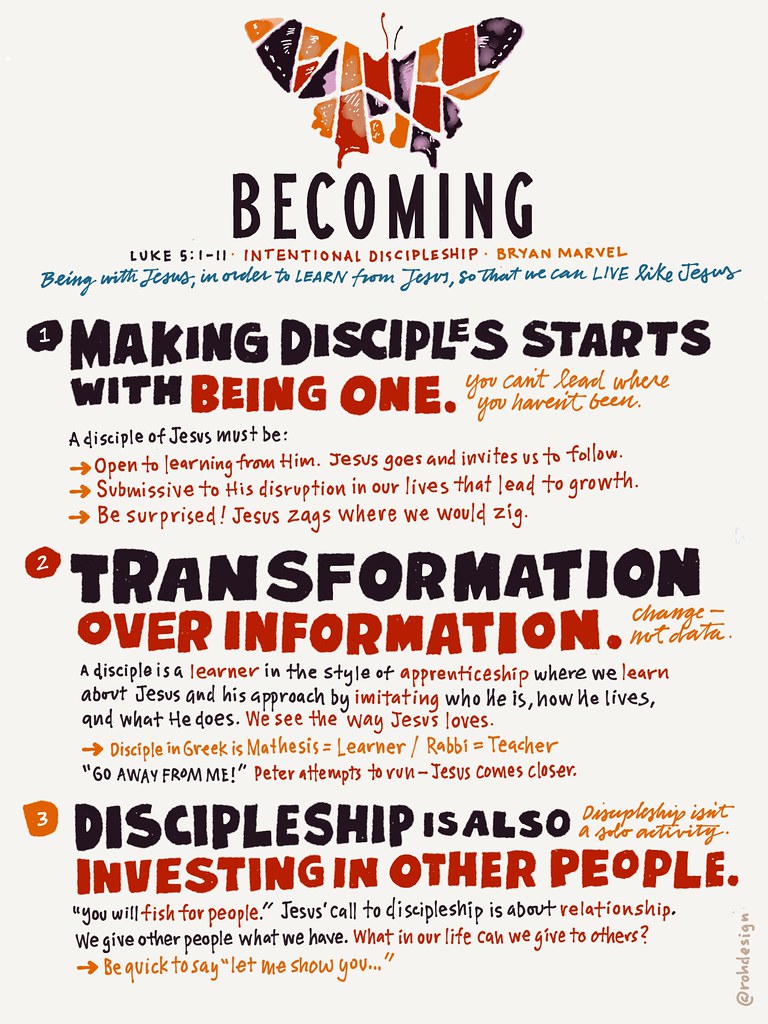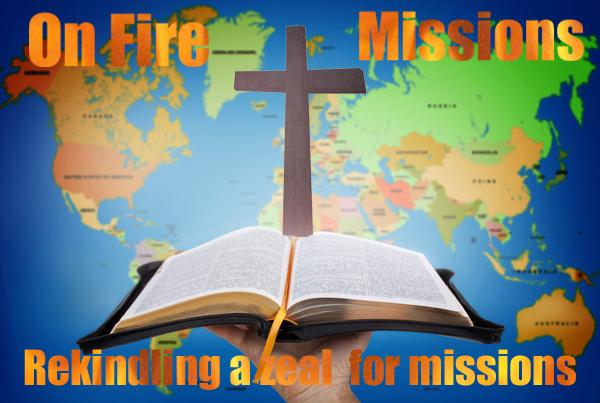


Even a brief survey of world missions suggests that we as a church have historically been quite effective at evangelism and church planting, but relatively weak at discipleship. Discipleship—the “teaching them to obey” part of the Great Commission—is hard work and does not generate quantifiable numbers. This tends to make it a less attractive aspect of the task.
Conversions and church plants—the “baptizing them” part of the Great Commission—are much easier to count, and they make for great reports and emotional pictures to send back to supporting churches and organizational leadership. Sadly, the tendency in world missions is often to focus on evangelism and church planting and hope that discipleship happens automatically after that. History and Scripture both suggest this is not what happens. Paul told the church in Corinth:
“I planted the seed in your hearts, and Apollos watered it, but it was God who made it grow. It’s not important who does the planting, or who does the watering. What’s important is that God makes the seed grow. The one who plants and the one who waters work together with the same purpose.”
—1 Corinthians 3:6-8a, NLT
According to this passage, making disciples of every people group includes the distinct aspects of “planting” and “watering.” These correspond to the “baptizing them” and “teaching them” aspects of the Great Commission in Matthew 28:18-20. Historically, the seed has often been planted but not watered. The world is littered with fragile, poorly-equipped, and sometimes broken churches in people groups all over the world—churches that have lacked adequate discipleship teaching, making them “a mile wide, and an inch deep.”
Although we may never know for sure, I suspect that what I encountered on that language survey in Papua New Guinea was the result of inadequate discipleship. The evangelists had come through decades before, and churches were planted with leadership installed. The churches may have been strong and vibrant at the outset, and there were probably true believers in them. But the evangelists moved on and, though the young churches were able to hold on for a season, they eventually faltered. They did not have the Word of God in their language or the biblical resources they needed to grow in knowledge and spiritual maturity. So they were unprepared for the testing of their faith that lay ahead. The result was disaster.
Satan is patient. When young churches are not trained and equipped as disciples of Christ, the devil only needs to bide his time and he will often be able to turn the tables and uproot the young plants that were planted. If he succeeds, what remains is often the hollowed-out shell of a Christian church, with little or no spiritual life (though they may still sing hymns). The people may still profess the Christian faith, and some of them may be believers, but Christianity to most of them will have become a thin veneer that whitewashes the outside, while on the inside their hearts still cling to their former beliefs and way of life. And they may cling to those beliefs more tightly than ever before.[1]
So what is the solution? We need to continue evangelism, church planting, Bible translation, and other related missions work. But it is crucially important that we, the global Church, focus on following through, and “making disciples.” Thankfully, the Bible is full of instruction and examples of how the process of discipleship works.
[1] While my focus here is world missions and making disciples of all nations, anyone who has looked objectively at churches that have been established for some time in nearly any culture can often see the same thing. External appearances may all be in order, but it is often not accompanied by a meaningful change in heart or worldview. In many cases, though, the “former beliefs and way of life” that lurk under the gloss of the “Christian” surface have less to do with chanting traditional songs in an effort to dispel black magic and more to do with blatant materialism and the love of money. But the problem is essentially the same.
The above body of text is attributed thechristiancommons.com as the original content, no changes or edits have been made.
The Christian Commons is made available under a Creative Commons Attribution-ShareAlike 4.0 License


